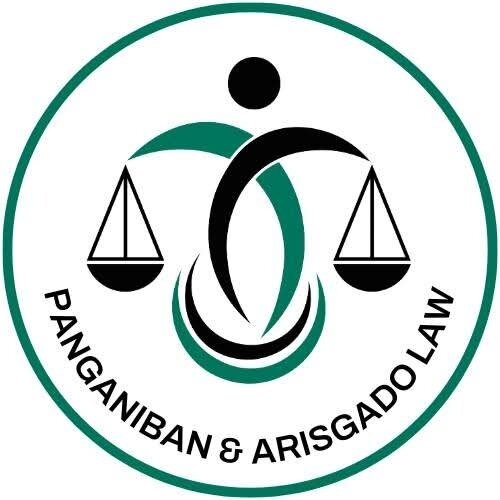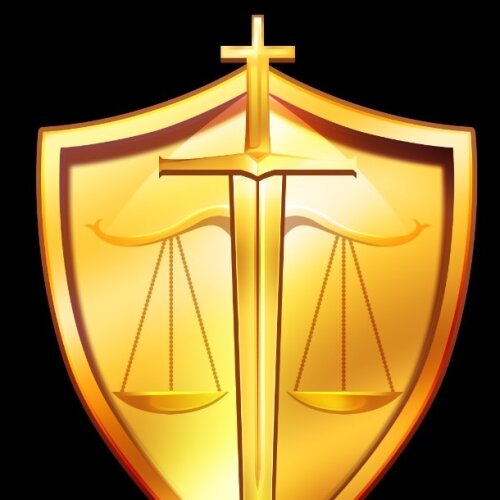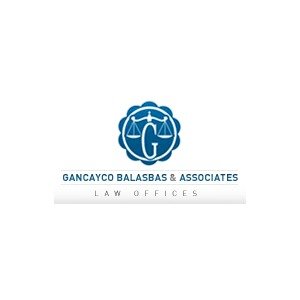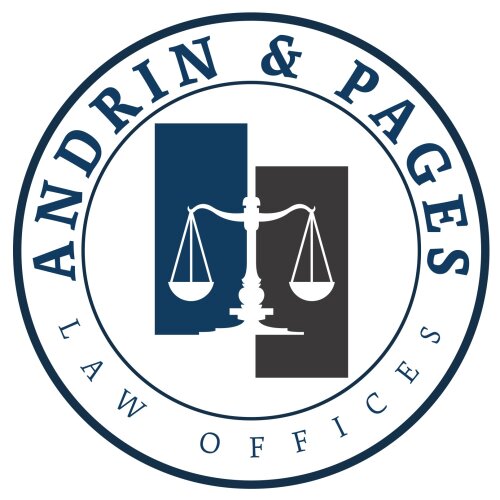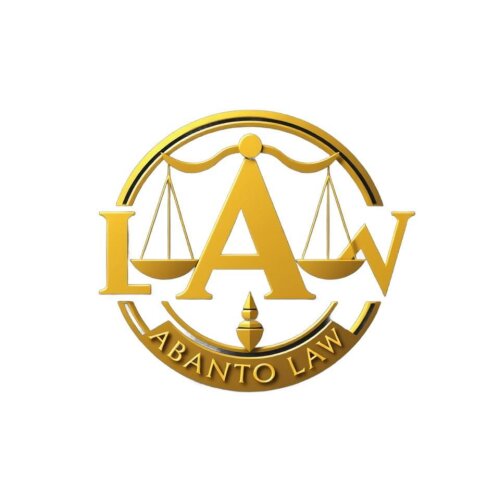Best Bankruptcy Lawyers in Philippines
Share your needs with us, get contacted by law firms.
Free. Takes 2 min.
Or refine your search by selecting a city:
List of the best lawyers in Philippines
About Bankruptcy Law in Philippines
Bankruptcy in the Philippines is governed primarily by the Financial Rehabilitation and Insolvency Act (FRIA) of 2010, or Republic Act No. 10142. This law provides a framework for the rehabilitation or liquidation of individual and corporate debtors unable to meet their financial obligations. The legislation aims to balance the interests of debtors and creditors, allowing for an orderly and fair distribution of assets or the restructuring of businesses in distress. Under Filipino law, bankruptcy can take several forms, including voluntary and involuntary insolvency proceedings, depending on who initiates the process.
Why You May Need a Lawyer
Dealing with bankruptcy can be a complex and stressful process. Here are some common situations where seeking legal assistance may be crucial:
- Understanding the different options available for bankruptcy and which is best suited for your situation.
- Filing the correct documentation and navigating court procedures.
- Negotiating with creditors and understanding the nuances of debt repayment plans.
- In cases of corporate bankruptcy, ensuring compliance with liquidation or rehabilitation protocols.
- Protecting personal interests and assets if you are a business owner facing bankruptcy.
Local Laws Overview
The key aspects of bankruptcy laws in the Philippines include:
- Voluntary and Involuntary Bankruptcy: Debtors may initiate bankruptcy proceedings, or creditors can file a petition if the debtor has defaulted on payments.
- Rehabilitation: Aimed at restoring the financial health of a debtor by restructuring debts and contracts, offering relief from certain obligations.
- Liquidation: The process of selling off assets of the debtor to pay off debts, typically used when rehabilitation is not feasible.
- Stay Orders: Provides a temporary halt to all collection activities by creditors once bankruptcy proceedings begin, offering the debtor a chance to reorganize.
- Creditors' Rights: Provides a process for creditors to participate in meetings and object to the terms of repayment plans or liquidation proposals.
Frequently Asked Questions
What is the difference between bankruptcy and insolvency?
Insolvency is a financial state where liabilities exceed assets and one cannot meet debt obligations, while bankruptcy is a legal process through which a person or entity seeks relief from such financial distress.
Who can file for bankruptcy in the Philippines?
Both individuals and corporations can file for bankruptcy. However, the specific procedures and consequences differ between personal and corporate insolvency.
How does bankruptcy affect my credit score?
Filing for bankruptcy typically has a negative impact on your credit score, which can hinder your ability to secure loans or credit in the future.
Can I keep any assets if I declare bankruptcy?
It depends on various factors, including the type of bankruptcy and the laws in place. Some essential assets may be exempt from liquidation for personal insolvency cases.
How long does the bankruptcy process typically take?
The duration of bankruptcy proceedings can vary greatly, often depending on the complexity of the case and the court's schedule. It can range from several months to years, especially in complex corporate cases.
Is it possible to reverse a bankruptcy declaration?
In some situations, bankruptcy can be reversed or dismissed if the debtor comes to an agreement with creditors or if procedural errors are identified.
What happens to my debts if I file for bankruptcy?
The court may discharge some of your debts, meaning you are no longer legally obligated to pay them, or establish a repayment plan for others.
Can I file for bankruptcy without a lawyer?
While legally possible, filing for bankruptcy without a lawyer is not recommended due to the complexity of the legal processes and potential financial stakes involved.
What is a stay order in bankruptcy?
A stay order temporarily prevents creditors from pursuing collection actions against the debtor while bankruptcy proceedings are underway.
Are all debts dischargeable in bankruptcy?
No, certain debts such as taxes, student loans, alimony, and child support typically are not dischargeable in bankruptcy proceedings.
Additional Resources
Several resources can be helpful if you are dealing with bankruptcy in the Philippines:
- The Securities and Exchange Commission (SEC) - Overseeing corporate bankruptcy proceedings
- Integrated Bar of the Philippines (IBP) - Providing access to legal professionals experienced in bankruptcy law
- Department of Trade and Industry (DTI) - Offering guidance for distressed small and medium enterprises
- Official Gazette - Publishing the latest amendments and legal opinions on insolvency law
Next Steps
If you find yourself in a situation where you may need to consider bankruptcy, here are some steps you should take:
- Assess your financial situation thoroughly and determine if bankruptcy or another form of financial restructuring is the best option.
- Consult with a lawyer specializing in bankruptcy law to get professional advice tailored to your circumstances.
- Prepare the necessary documentation with the help of your legal advisor to initiate the proceedings.
- Stay informed about your rights and obligations under the bankruptcy law to ensure compliance and protect your interests.
- Consider other forms of relief or settlement that might be available or feasible for your situation.
Lawzana helps you find the best lawyers and law firms in Philippines through a curated and pre-screened list of qualified legal professionals. Our platform offers rankings and detailed profiles of attorneys and law firms, allowing you to compare based on practice areas, including Bankruptcy, experience, and client feedback.
Each profile includes a description of the firm's areas of practice, client reviews, team members and partners, year of establishment, spoken languages, office locations, contact information, social media presence, and any published articles or resources. Most firms on our platform speak English and are experienced in both local and international legal matters.
Get a quote from top-rated law firms in Philippines — quickly, securely, and without unnecessary hassle.
Disclaimer:
The information provided on this page is for general informational purposes only and does not constitute legal advice. While we strive to ensure the accuracy and relevance of the content, legal information may change over time, and interpretations of the law can vary. You should always consult with a qualified legal professional for advice specific to your situation.
We disclaim all liability for actions taken or not taken based on the content of this page. If you believe any information is incorrect or outdated, please contact us, and we will review and update it where appropriate.
Browse bankruptcy law firms by city in Philippines
Refine your search by selecting a city.






